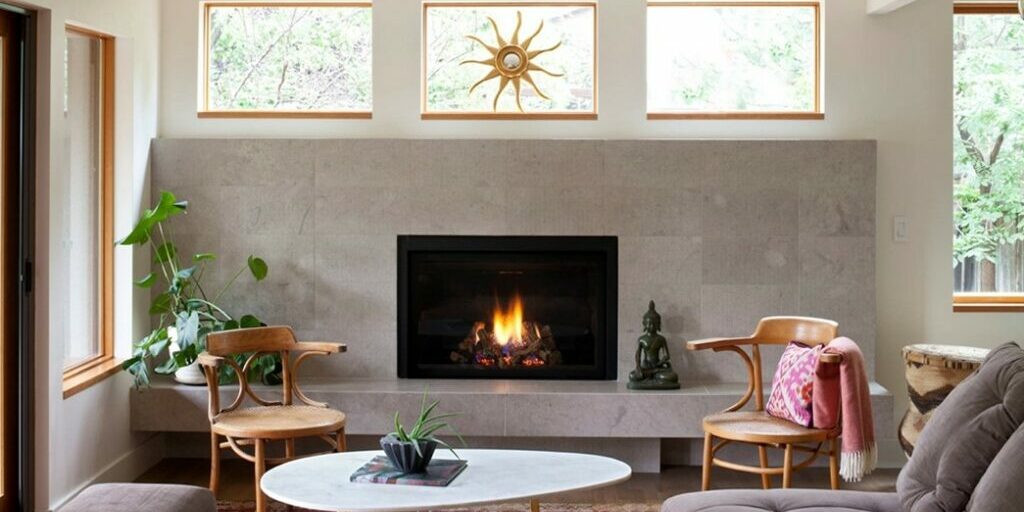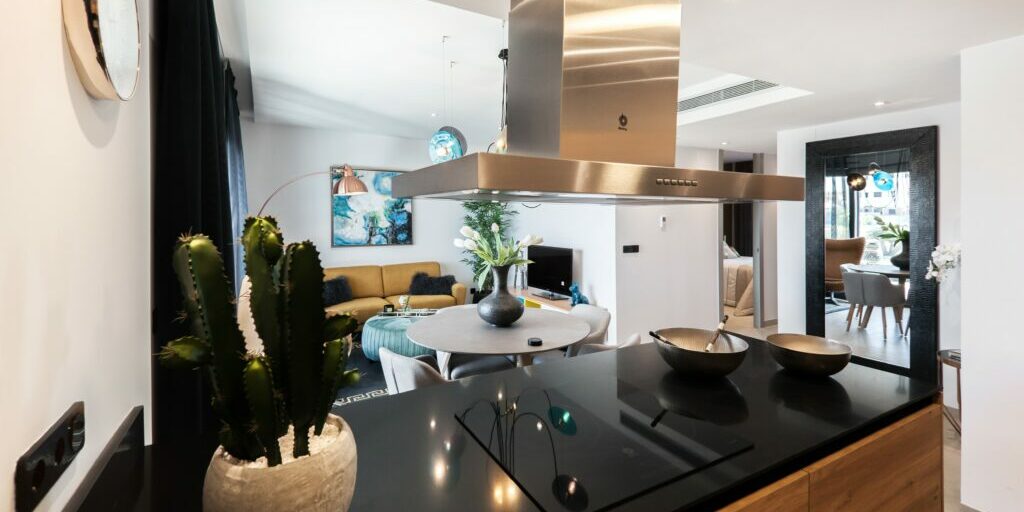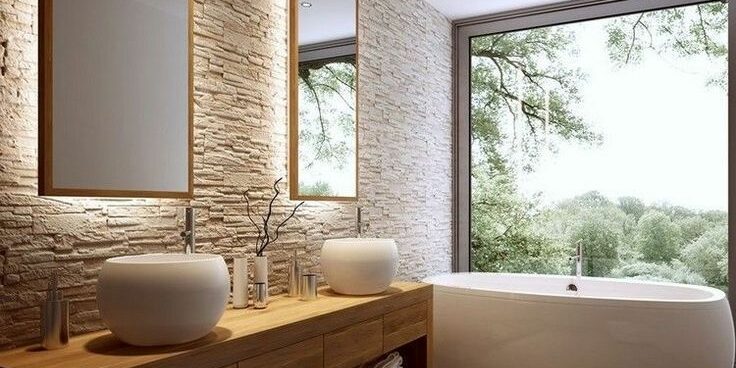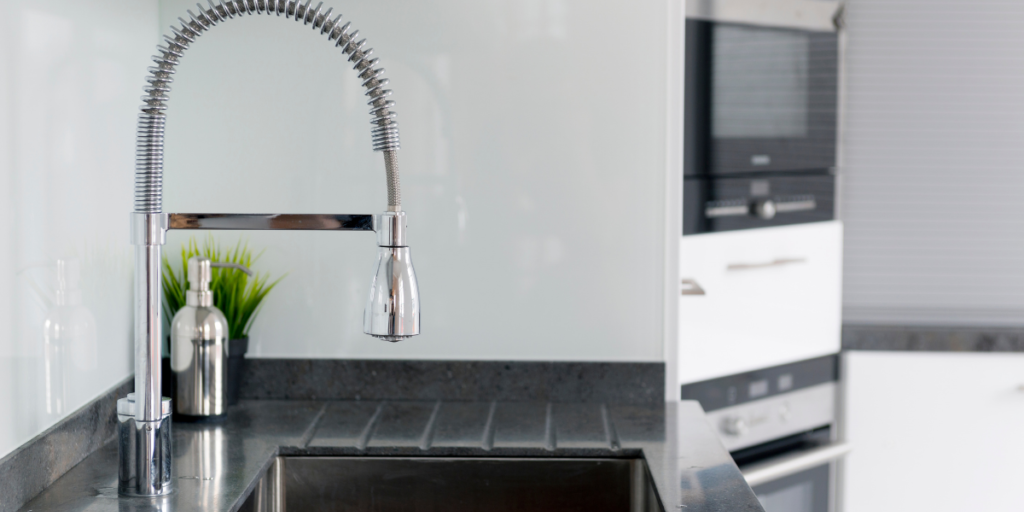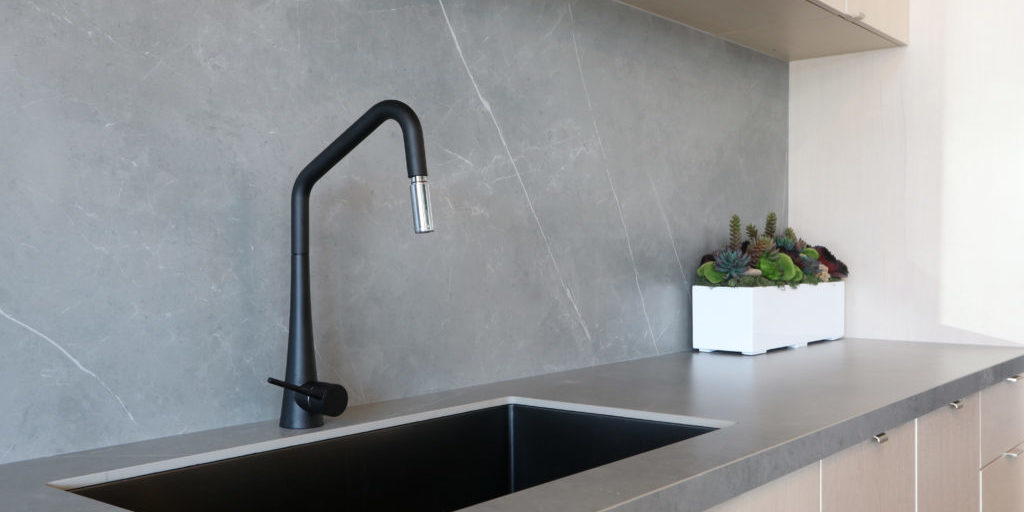Natural stone is making a comeback, and we’re seeing designers and homeowners incorporate it into their designs. Natural stone is known for its durability and elegance, and with the capabilities of many stone artisans, the possibilities for creating stunning natural stone accents are unlimited.
Once you’ve made the investment in custom stone work, protecting the stone and increasing the longevity of the stone should be a top priority. There’s a lot that goes into taking care of your natural stone, but here are some of the top things you’ll want to do in order to preserve your stone.
The Basics of Cleaning Natural Stone
When selecting cleaning products for your natural stone it is crucial that you know which kind of stone you are dealing with and that you select the appropriate cleaning agents.
Siliceous Stone
If your stone is:
- Granite
- Slate
- Sandstone
- Quartzite
- Brownstone
- Bluestone
Then you have siliceous stone. Siliceous stone is known for its durability and is easy to clean with mild acidic cleaning products.This type of stone is made mostly of silica or quartz-like particles.
Calcareous Stone
If your stone is:
- Marble
- Travertine
- Limestone
- Onyx
Then you have a calcareous stone. Calcareous stones consist of calcium carbonate, making it sensitive to acidic cleaning solutions. When dealing with this type of stone, you’ll want to clean it more frequently. You should use mild cleaners that don’t contain acid, i.e. do not go for products like vinegar or Spic N Span.
There are several products on the market that are rinseless and are specifically made for granite and limestone.
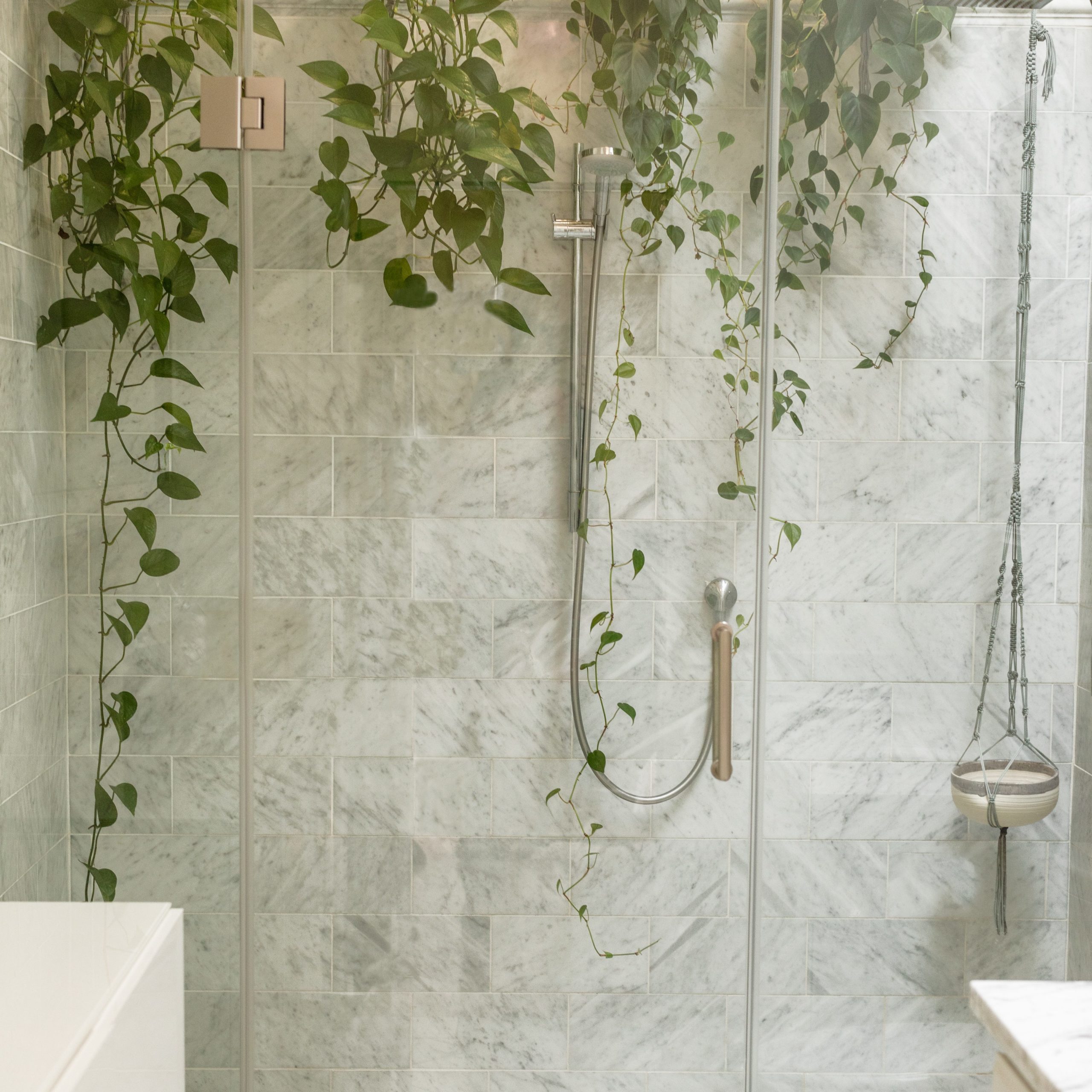
Not sure what type of stone you have? Here’s how to conduct a test:
To decipher between the two stones you are going to want to conduct an acid sensitivity test. Start by mixing 4 ounces of a 10% solution of muriatic acid or household vinegar. Next, find a spare piece of stone or a spot that is rarely visible. Use an eyedropper to place this mixture onto your stone.
If the stone is Siliceous– It will have little to no reaction.
If the stone is Calcareous– The solution will start to bubble or fizz.
Once you have tested your stone, make sure to thoroughly rinse the area and wipe dry.
*Note: Many cleaning services say they have natural or environmental friendly or organic cleaning solutions, That usually means vinegar or something acidic. Homeowners or commercial cleaning properties should ask what is in the cleaning solutions that their cleaning services are using.
Daily Cleaning Regimen
Now that you have the basics in mind let’s get into how to clean your natural stone.
Countertops
It is recommended to use stone soap when cleaning your natural stone countertops, floors, bath/wet areas, and pools/patios. Stone soap can be purchased at any of your favorite tile showrooms or the big box home solution stores. If you do not have stone soap you can use a mild liquid dishwashing detergent and warm water or a few drops of neutral cleaner.
When cleaning you will want to use a clean and soft towel. Make sure not to use too much cleaner to avoid a layer of film.
Lastly, remember to rinse down the surface thoroughly after using your cleaner.
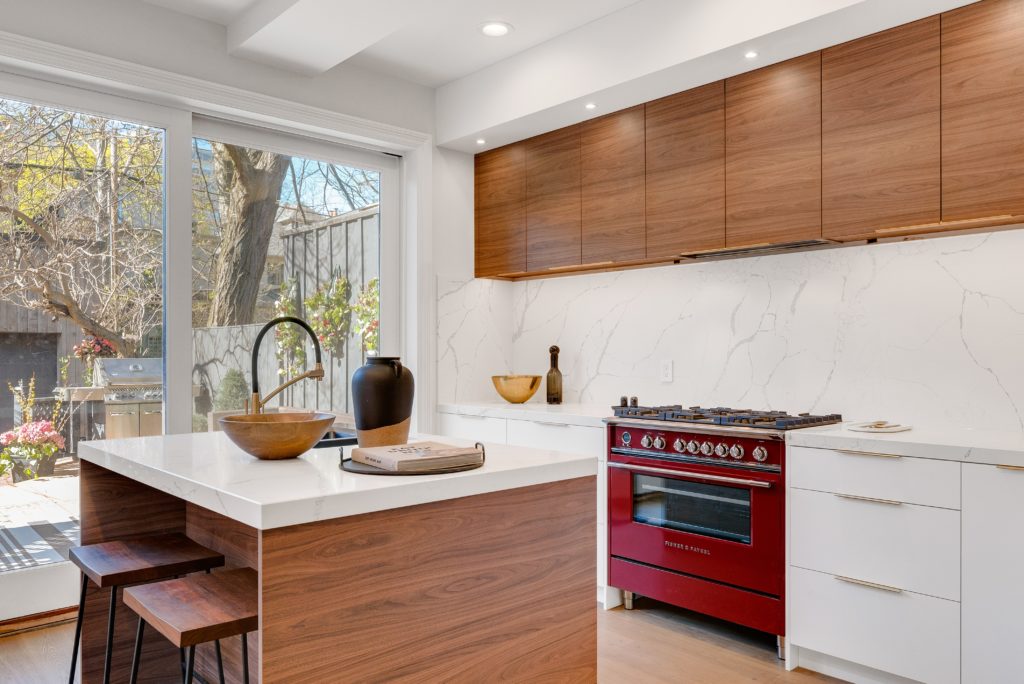
Floors
When cleaning interior natural stone flooring, daily cleaning with a clean, non-treated dust mop is recommended. If you are looking for a deeper clean, consider using a soapless cleaner to avoid any streaks or film. If needed a mild, phosphate-free, biodegradable liquid dishwashing soap or powder will do.
To clean:
- Wet the area
- Apply the cleaner
- Wash in small, overlapping sweeps
- If there is a vertical surface work from the bottom up
- Rinse each section thoroughly with clean water
- Dry with a soft cloth
Bath/ Wet Areas
When cleaning your bathroom or other areas where the stone may come into regular contact with moisture, you can avoid soap scum and mildew by using a squeegee after each use.
To remove the excess soap scum,use a non-acidic soap scum remover or solution of ammonia and water.
*Note: Do not overuse ammonia solution, it will dull your stone.
Pool/ Patio
If you have natural stone surrounding your pool or patio, moss and algae can be a problem. To get rid of this you will need to use a mild bleach solution with clean water.
Properly caring for your natural stone is the best way to preserve its beauty. We hope simple steps will keep your stone as clean and polished as when you first installed it.
If you are looking to add natural stone to your next design give us a call.




